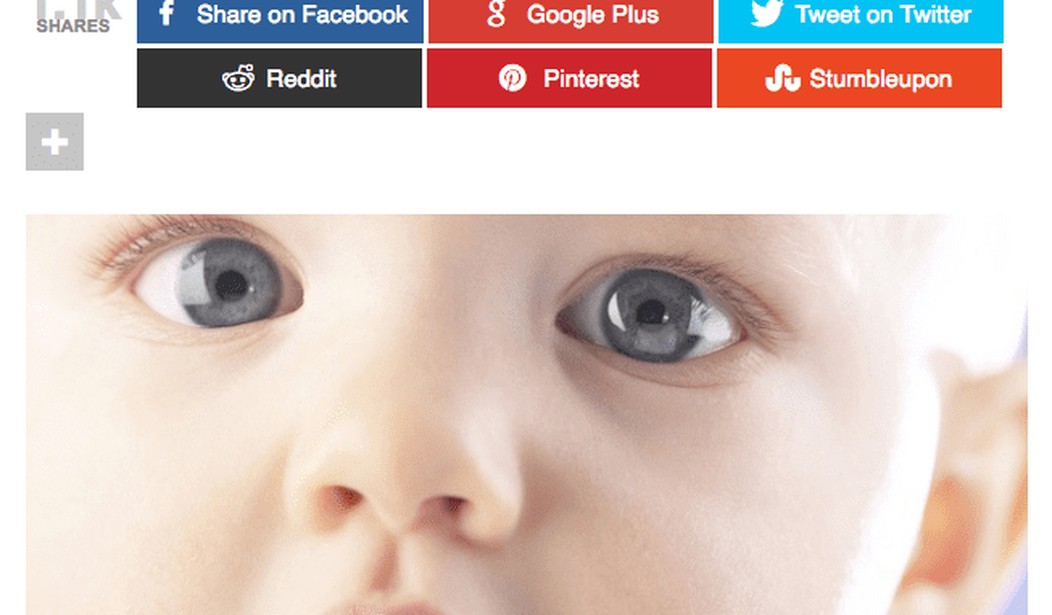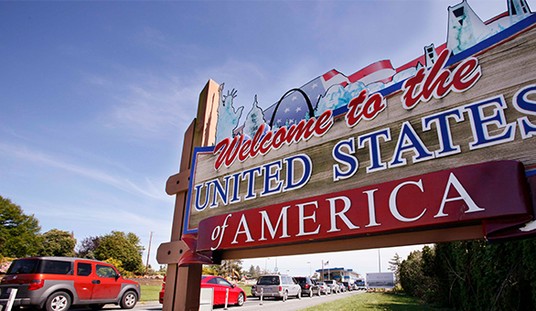
(Shutterstock)
In today’s world of “fake news” circulating the webosphere, parents and grandparents now need to add another checkpoint when assessing articles shared on social media: checking the date.
You may have seen this story popping up on your news feed warning of a recall of ten different brands of baby wipes. As a mom who uses wipes on a daily basis, the article caught my attention and prompted a click.
The article, published in January of 2017, tells of a bacteria that has been found in these ten brands of wipes. The discovery occurred when the manufacturer, Nutek Disposables, Inc., received “a small number of complaints” concerning an “odor and discoloration.” Upon further testing, the bacteria Burkholderia cepacia (B. Cepacia) was discovered in some of their products.
B. Cepacia is a “species of antibiotic-resistant bacteria frequently found in soil and water, according to the U.S. Centers for Disease Control and Prevention (CDC).” It is particularly dangerous for people “with weakened immune systems or chronic lung disease, especially cystic fibrosis patients.” When this bacteria contributes to pulmonary infections it can cause “accelerated decline in lung functions and can induce ‘cepacia syndrome,’ a progressive form of pneumonia that can be fatal and untreatable.”
As you can imagine, my mother’s heart began to panic at this description of a fatal disease my child could contract simply from having his bum wiped. The problem with this 2017 news report is that it is old news—very old news, in fact.
These complaints were from October 2014. Nutek Disposables, Inc. voluntarily recalled the wipes in the brands they manufacture on October 25, 2014, after withdrawing all “lots that had tested positive for the bacteria, as well as other baby wipes in the surrounding time frame” earlier that month. These steps were taken “as a precautionary measure [because] Nutek believed it was a prudent decision to withdraw all its baby wipe products.”
Before their October 3 product withdrawal, the company had “only received one report of irritation,” but more complaints were voiced after the recall took place. The complaints of parents included “rash, irritation, infections, fever, gastrointestinal issues and respiratory issues,” but the company noted that such accusations “have not been confirmed to be related to the use of these products.”
In 2014, these wipes were sold at many different retailers, some of which include: Walgreen’s, Family Dollar, Sam’s Club and Diapers.com. The official list of the wipes recalled two-and-a-half years ago can be found here. So, if you have a stash of baby wipes FROM THE FALL OF 2014, you should probably go check out that list. Otherwise, good work not being a hoarder of baby products and keeping up with the dirty pants in your home.
Nutek even released a new press statement to alleviate the confusion the January 2017 article generated. Dated March 1, 2017 (in regards to the recall from October 2014), the company writes: “Nutek Disposables, Inc, of McElhattan, PA today issued the following statement to correct misinformation being disseminated about its baby wipes products on several social media sites and online media outlets.” The company clarified, “there are no issues with our products currently on the market… Please be assured that the baby wipes purchased within the past two years are not subject to a recall and are safe for their intended use. They continue to meet the high-quality standards on which our customers and consumers rely.”
So, in the future, here is how you can help to prevent spreading panic over old or incorrect news.
1. Check Dates
Even if the article has a current date, verify throughout the article that the information is current. If the first person to view this article had recognized that the recall was from 2014, it would have stopped the hysteria there (saving this poor manufacturer an unnecessary second round of headaches and reassuring the public).
2. Confirm Recalls
One credible resource for this is our friends at Safe Kids Worldwide. They maintain “a comprehensive list of monthly child-related recalls collected from the major federal agencies: the Consumer Product Safety Commission, the Food and Drug Administration, and the National Highway Traffic Safety Administration.” You can also confirm specific concerns with the product’s manufacturer.
3. Do Not Share Until YOU have Fact-Checked
Before you propagate any information online, take a few minutes to do your homework. Parents will be able to better discern real threats to their families if we all commit to stopping the spread of malarkey.
We are all trying to navigate this job of raising safe and healthy children. Spending some time on fact-checking can help us all to do a better job to help one another.










Join the conversation as a VIP Member